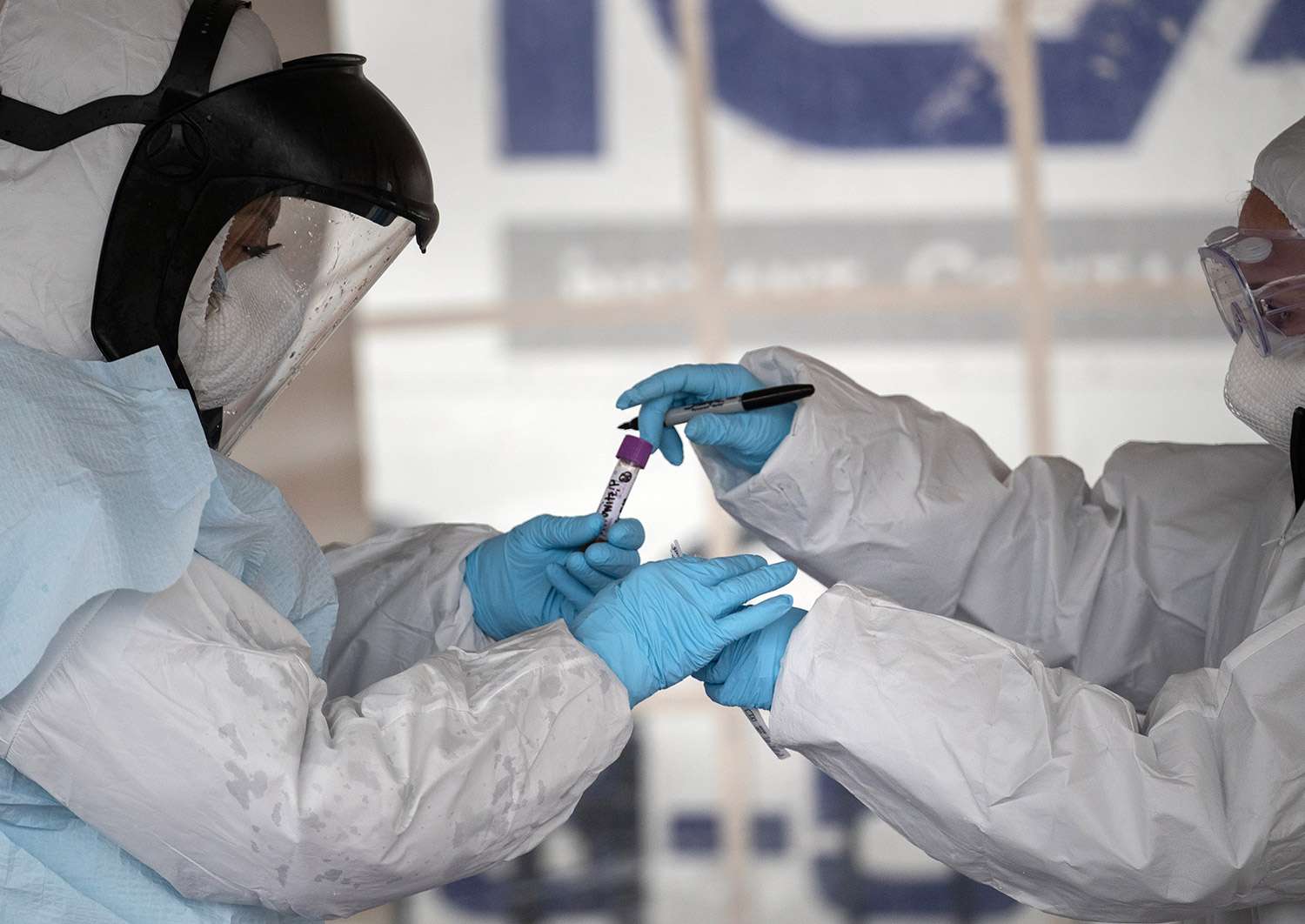
A new study has found that nearly one-third of people who reported having "mild" cases of COVID-19 still experience lingering symptoms up to nine months later.
In a letter published last week in the JAMA Network Open, researchers from the University of Washington conducted a study with 177 adults who had "laboratory-confirmed" cases of SARS-CoV-2 infection, which is the virus that causes COVID-19.
While 11 participants were asymptomatic and another 16 had moderate or severe cases, 150 were outpatients with "mild illness" who did not require hospitalization.
All participants filled out surveys about their lasting symptoms, which were completed 3 to 9 months after their symptoms began.
Nearly one-third of outpatients and those who had been hospitalized reported experiencing at least one "persistent symptom," according to the study.
Fatigue was the most commonly reported symptom, occurring in 14 percent of participants. Other symptoms included continued loss of smell or taste and brain fog. Less than 10 percent of patients, the majority of which had not been hospitalized, also "reported negative impacts on at least 1 activity of daily living, the most common being household chores."
"Our research indicates that the health consequences of COVID-19 extend far beyond acute infection, even among those who experience mild illness," researchers wrote, noting that additional long-term studies will need to be performed "to fully understand the impact of this evolving viral pathogen."
RELATED VIDEO: Gwyneth Paltrow Reveals She Had COVID-19 ‘Early On’ as She Details Her Long-Lasting Symptoms
Researchers noted that their findings were consistent with a previous Centers for Disease Control and Prevention report, which was published last May. However, that report examined symptoms lasting between 14-21 days after a positive test result.
Another study published last month found that out of 1,733 hospitalized COVID-19 patients in Wuhan, China, 76 percent were still experiencing at least one symptom after six months.
Never miss a story — sign up for PEOPLE's free weekly newsletter to get the biggest news of the week delivered to your inbox every Friday
"It's very hard to predict who will get these symptoms," Dr. Zijian Chen, the medical director of New York City's Center for Post-Covid Care at Mount Sinai Health System, told CNN.
Chen went on to add that the patients treated at the center are "of all races" and "span in age from the 20s to 70s and 80s."
Noting that treatment for each individual needs to be tailored to their specific needs, Dr. Christian Sandrock, who assesses patients at UC Davis' Post-COVID-19 clinic, stressed the importance of "supportive care."
"That really involves better living and higher quality living, for lack of a better term. But that means you really need sleep," Sandrock told CNN. "We want people to really be patient with themselves, know that it's going to take a lot of time as they work through it. So that, I think, is key."
As information about the coronavirus pandemic rapidly changes, PEOPLE is committed to providing the most recent data in our coverage. Some of the information in this story may have changed after publication. For the latest on COVID-19, readers are encouraged to use online resources from the CDC, WHO and local public health departments. PEOPLE has partnered with GoFundMe to raise money for the COVID-19 Relief Fund, a GoFundMe.org fundraiser to support everything from frontline responders to families in need, as well as organizations helping communities. For more information or to donate, click here.
Source: Read Full Article
